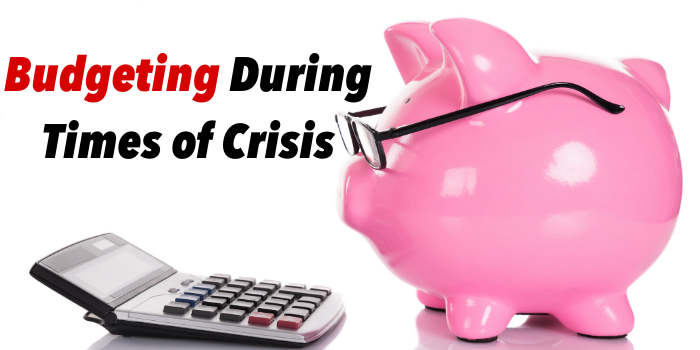Preparing an accurate budget for your HOA may seem like a daunting task, especially during uncertain times such as these. At SpectrumAM, we believe careful planning and partnering with your community manager to discuss the community’s financial picture can help make this process much easier.
Tackling your HOA budget one step at a time can help you budget proactively while taking into account both anticipated and unexpected expenses as well as short and long-term expenditures, all while allowing for accurate assessment of sources of revenue and reserve contributions.
Read on for important steps your HOA can take in order to adequately prepare next year’s budget:
Goal Planning
By crafting a realistic business plan, your board will understand what needs to be included in the budget. For instance, should more of the HOA budget be allotted for digital framework and crisis communication than for standard administrative costs? Will contracts need to be redrafted? What other considerations need to be made to accommodate the present situation, moving forward?
Include all goals for the upcoming year and review the plan no later than summertime in order to ensure approval of the budget in a timely manner.
Review and Assess Costs
It’s important to adequately estimate vendor costs, assess maintenance and utility expenses, and make tax preparations.
By comparing predicted costs with actual expenses and anticipated repair items for the coming year, your board can avoid unwelcome surprises. It’s important to note that additional costs should be expected as requirements for sanitation, signage, vendor rate increases, and additional staffing present themselves due to the discovery of COVID-19.
Analyze the Reserve Fund
Reserve studies should be conducted regularly. By reviewing and/or updating your reserve fund analysis, the board can get a better picture of the association’s financial health and take any long and short-term necessary steps to strengthen the reserve fund.
Calculate Anticipated Income
Review all sources of income, including homeowner assessment fees, late fee income, and other reliable income.
Income could be impacted by delinquencies, capital improvement fees, and assessment rates, so it is important to review them in detail. It is also important when calculating anticipated income not to include monies left over from previous years.
Also, consider your assessment rate each year. Even small increases to assessments can help offset higher costs or improve your contributions to reserves to better prepare your HOA for the future.
Share the HOA Budget with Members
Once the budget is approved, distribute to homeowners. Transparency is paramount to cooperation and collaboration. It’s important to keep the lines of communication open with your homeowners, and homeowners have the right to review the association’s budget.
By carefully implementing the above action steps, your board can navigate confidently during these uncertain times while ensuring the financial stability of your HOA.







